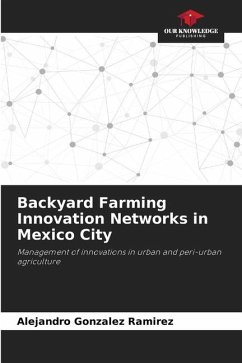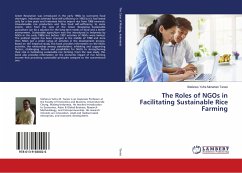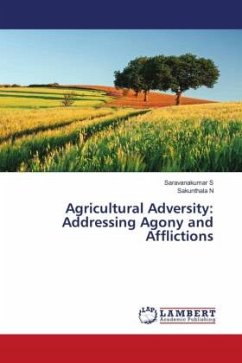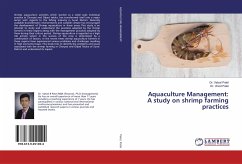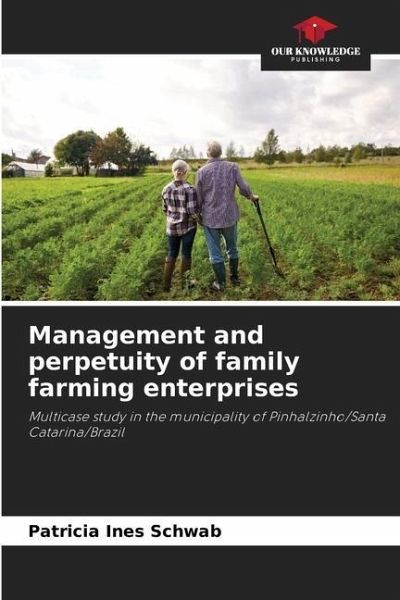
Management and perpetuity of family farming enterprises
Multicase study in the municipality of Pinhalzinho/Santa Catarina/Brazil
Versandkostenfrei!
Versandfertig in 6-10 Tagen
36,99 €
inkl. MwSt.

PAYBACK Punkte
18 °P sammeln!
The study aims to understand to what extent, according to the perception of family farmers and social actors of institutions linked to the sector, the use of rural credit, via the Family Farming Strengthening Program - Pronaf, can contribute to promoting improvements in the management of family farming enterprises, as well as their perpetuity in the municipality of Pinhalzinho/Santa Catarina/Brazil. Rural enterprises, in general, and family farming enterprises, in particular, require efficient and effective management practices that are able to ensure their sustainability in the current contex...
The study aims to understand to what extent, according to the perception of family farmers and social actors of institutions linked to the sector, the use of rural credit, via the Family Farming Strengthening Program - Pronaf, can contribute to promoting improvements in the management of family farming enterprises, as well as their perpetuity in the municipality of Pinhalzinho/Santa Catarina/Brazil. Rural enterprises, in general, and family farming enterprises, in particular, require efficient and effective management practices that are able to ensure their sustainability in the current context of continuous transformation, competitiveness and complexity. Rural succession becomes one of the main challenges in the dynamics of family farming, especially with regard to the conditions of permanence of youth in the field. However, public policies are created with the intention of intervening in the face of social problems and or encouraging certain sectors or people. The recognition of the economic and social importance of family farming in Brazil has its landmark in 1996, when the Pronaf, an agricultural policy of rural credit, was created.



